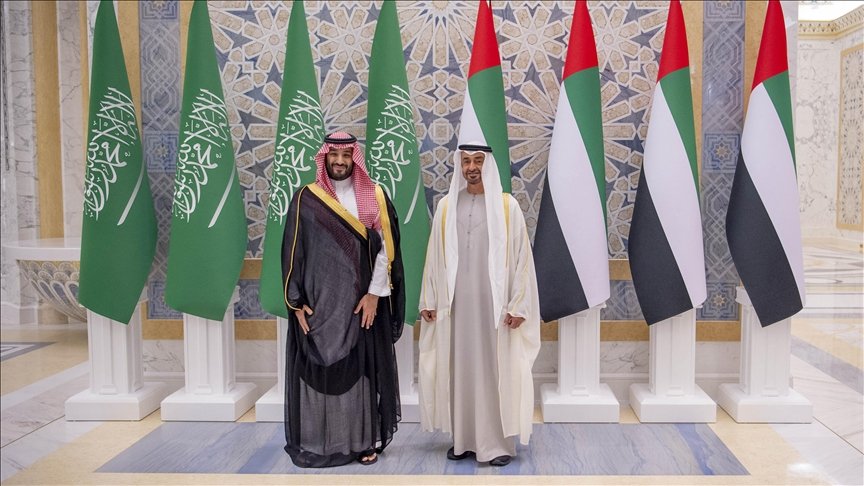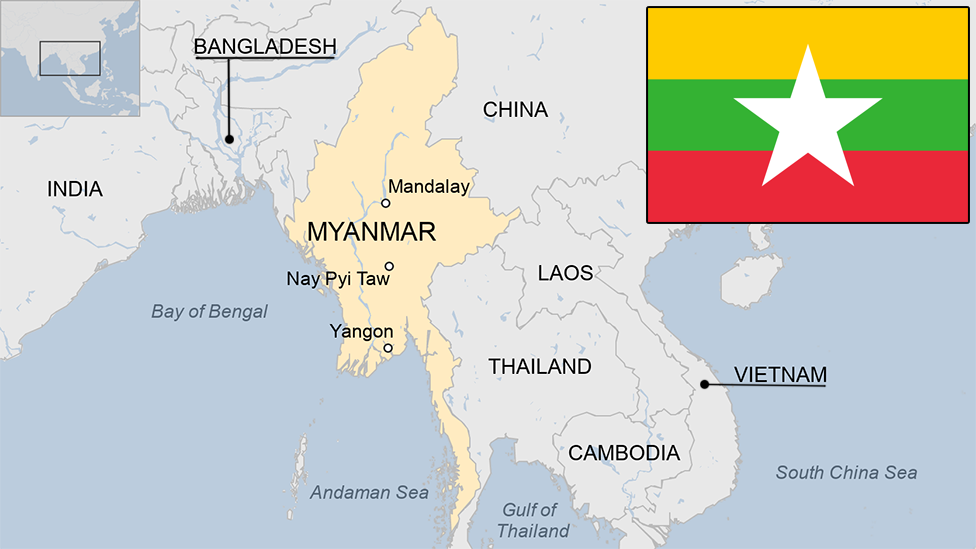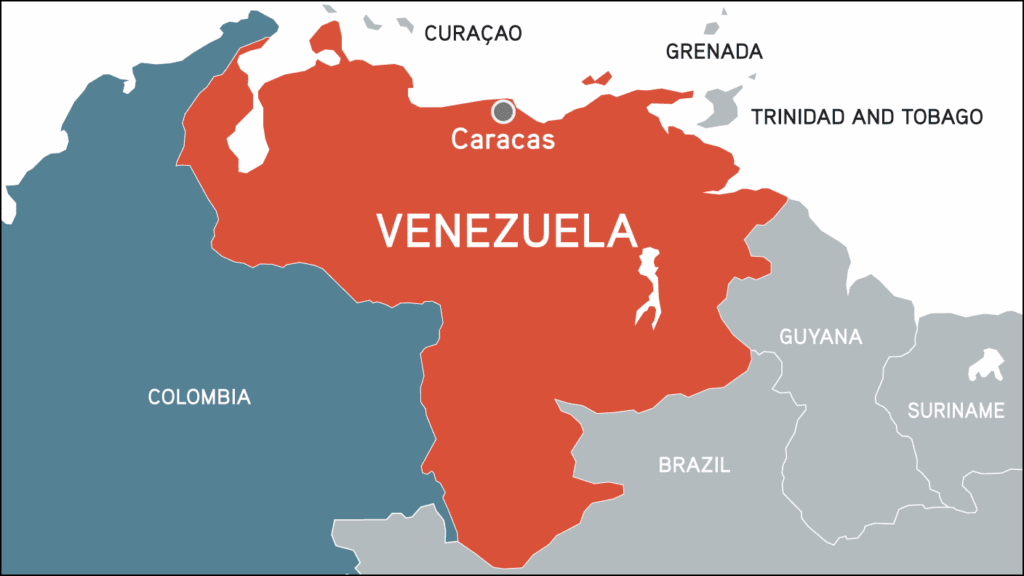The Supreme Court (SC) full bench on Monday (today) resumed hearing a set of petitions to limit the powers of CJP.
The 15-member full court bench of the Supreme Court of Pakistan ((SC) is headed by the CJP. The petitioners have challenged the Supreme Court (Practice and Procedure) Act 2023, which is aimed at regulating the powers of the Chief Justice of Pakistan.
The full court bench comprises CJP Isa, Justice Sardar Tariq Masood, Justice Ijazul Ahsan, Justice Syed Mansoor Ali Shah, Justice Munib Akhtar, Justice Yahya Afridi, Justice Aminuddin Khan, Justice Sayyed Mazahar Ali Akbar Naqvi, Justice Jamal Khan Mandokhel, Justice Muhammad Ali Mazhar, Justice Ayesha A. Malik, Justice Athar Minallah, Justice Syed Hasan Azhar Rizvi, Justice Shahid Waheed and Justice Musarrat Hilali.
The proceedings of the case are being broadcast live by state-run PTV.
As the hearing started, Supreme Court Bar Association President Abid Zuberi said Parliament needed to be authorised to make rules regarding practice and procedure acts. He said by doing so, the parliament misused its powers. He said the term ‘subject to law’ in the Constitution did not mean the parliament was authorised to enact laws about the judiciary. Zuberi said only the Supreme Court could make laws about the bench, keeping itself within the parameters of existing laws.
The CJP then asked the SCBA president, “If words ‘subject to law’ are removed from the Constitution, will these make any impact?”. Zuberi said the removal of these words would not make any difference.
The CJP expressed his annoyance over submitting fresh documents in the case. He said such documents should have been presented earlier. Justice Isa said he did not expect such an attitude from a senior lawyer.
Justice Ijazul Ahsan remarked that the Supreme Court was authorised and had the authority to make rules about itself, which the Constitution gave.
Justice Muneeb Akhtar said the Constitution makes it binding to make rules according to law and body, which meant the rules would be made per prevailing laws.
The CJP said the Supreme Court was busy hearing practice and procedure law petitions, and the other cases were pending, adding to the backlog of cases.
He said they had to finish the arguments and decide the case today. He asked the SCBA president to finish his statements by 11:00 a.m. He then requested Zuberi,
“Did you submit your written arguments in the case?” The SCBA president said he had just submitted his arguments in the court.
Zuberi said he wanted the apex court to look at a decision given by the New Jersey court of the US.
Upon that, the CJP remarked that he should not downgrade the apex court to such a level. Justice Isa said Zuberi should have referred to any decision as a precedent by the US Supreme Court, but he was showing them a ruling of the New Jersey court. He said even it was not a ruling, too.
During the earlier hearing, CJP Justice Qazi Faez Isa questioned how the Supreme Court (Practice and Procedure) Act 2023 could curtail the powers of the apex court. CJP Isa had regretted how vesting authority in an individual’s hands had destroyed the country.
At one point, Justice Akhtar feared the parliament’s involvement in bench-making would undermine the separation of powers.
At the outset of the hearing, he said as too many cases were still pending with the top court, the apex court would try to conclude proceedings on petitions challenging the Supreme Court (Practice and Procedure) Act 2023 today.
In his remarks, the chief justice said it would be their effort to complete the hearing of the case today. He, however, said if the counsel desired, they might also submit written arguments.













